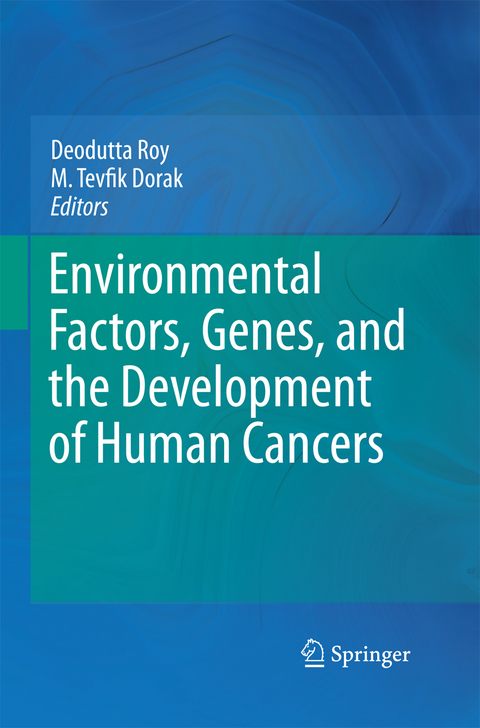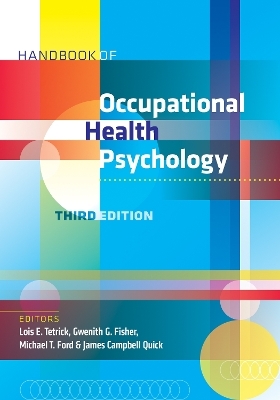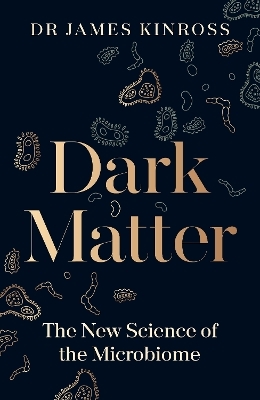
Environmental Factors, Genes, and the Development of Human Cancers
Springer-Verlag New York Inc.
978-1-4899-8219-3 (ISBN)
General Principles.- Gene–Environment Interactions, Phenotypic Changes, and Human Health.- Statistics for Testing Gene–Environment Interaction.- Clustering Studies for Identifying the Role of Environmental Factors in Aetiology of Human Cancers.- Discovering Gene–Gene and Gene–Environment Causal Interactions Using Bioinformatics Approaches.- Gene Environment Interactions and Vascular Lesions.- Epigenetic Changes in Cancer: Role of Environment.- Approaches to Identify Environmental and Epigenomic Components or Covariates of Cancer and Disease Susceptibility.- Environment and Specific Types of Cancer.- Gene–Environment Interaction and Susceptibility to Pediatric Brain Tumors.- Genetic Polymorphisms Predisposing Individuals to Breast Cancer Via Gene–Environment Interaction.- Environment, Genetic Immunology and Childhood Cancer.- Exposure to Environmental Mutagens: APC and Colorectal Carcinogenesis.- Gene–Environmental Interactions and Susceptibility to Liver Cancer.- Genetic Epidemiology of Mismatch Repair Deficiency in Ovarian Cancer.- Case Studies.- Betel Nut and Susceptibility to Cancer.- Birth Weight and Cancer Associations.- Iron Excess and Cancer.
| Erscheint lt. Verlag | 20.10.2014 |
|---|---|
| Zusatzinfo | XIII, 520 p. |
| Verlagsort | New York |
| Sprache | englisch |
| Maße | 155 x 235 mm |
| Themenwelt | Medizin / Pharmazie ► Medizinische Fachgebiete ► Arbeits- / Sozial- / Umweltmedizin |
| Medizin / Pharmazie ► Medizinische Fachgebiete ► Onkologie | |
| Medizin / Pharmazie ► Medizinische Fachgebiete ► Pharmakologie / Pharmakotherapie | |
| Studium ► Querschnittsbereiche ► Klinische Umweltmedizin | |
| Studium ► Querschnittsbereiche ► Prävention / Gesundheitsförderung | |
| Technik ► Umwelttechnik / Biotechnologie | |
| ISBN-10 | 1-4899-8219-1 / 1489982191 |
| ISBN-13 | 978-1-4899-8219-3 / 9781489982193 |
| Zustand | Neuware |
| Haben Sie eine Frage zum Produkt? |
aus dem Bereich


